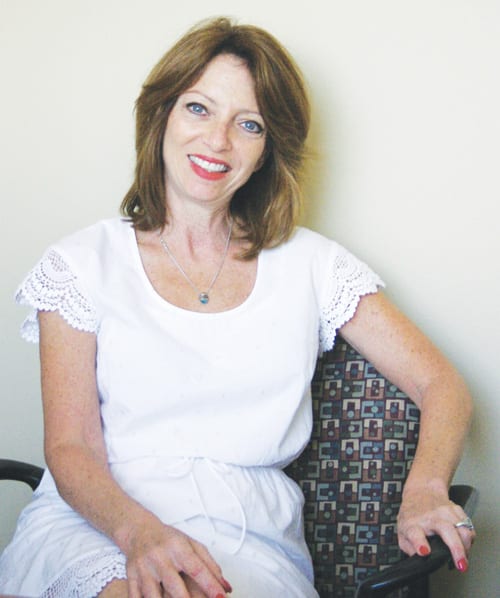Despite gains, local advocates still see room for improvement for LGBT elders
Death is already an emotional issue. Some have years to prepare. Others have mere weeks. But while a diagnosis doesn’t discriminate, some local advocates for LGBT elders say that many local facilities often do.
“In terms of LGBT elder care, Dallas is behind the times,” said Sharyn Fein. A year-and-a-half ago, Fein quit her full-time job with a healthcare company to educate the community full-time about the issues facing LGBT elders, the 60-plus-year-olds who are often overlooked by healthcare agencies, the government and other entities.
Her group, Ed-U-Care and its Bridge Building Network conduct occasional educational workshops and events to raise awareness among community members.
The U.S. Administration on Aging estimates that between 1.75 and 4 million Americans over 60 are LGBT. While the administration suggests many are content with their lives, care-taking is another issue. The 2010 report Improving the Lives of LGBT Older Adults, concludes, “LGBT elders are more likely to be single, childless, estranged from their biological family, and reliant on families of choice, such as friends and other loved ones.”
The 2011 report LGBT Older Adults in Long Term Care Facilities: Stories from the Field reveals LGBT elders typically go back into the closet.
It serves as a haunting reminder of the discrimination faced by a population that, for most of their lives, were brutalized, condemned and ignored.
Even as awareness of the LGBT community has grown nationwide, advocates like Fein still see systematic issues and a clear ignorance when it comes to the issues. While the federal government has gotten on board, said Fein, it’s different at the local level. Various municipalities, like Dallas and Fort Worth, are not aware of the issues facing LGBT elders.
Even though a city or corporation may be friendly and affirming in its policies, individuals, including caregivers, “are not culturally competent.” That’s where Fein sees her organization playing a necessary role.
Some of the issues could be resolved through cultural competency training and education, she said, while other issues require a larger cultural shift.
Fein’s group is currently developing a curriculum with Harriet Cohen, an associate professorand at TCU’s Department of Social Work and an expert on elder LGBT care, for caregivers who often face their own set of challenges.
LGBT patients are often in legal limbo, which can make the job of the care worker much more difficult. If, for instance, a patient does not reveal he is out, care workers often must confront the tension between estranged family members who may conflict with the family of choice, such as the patient’s adopted family network that includes partners and friends.
VITAS, one of the nation’s largest hospice organizations, is one organization where Fein doesn’t worry about discrimination. That’s because, said Kevin Yarrow, a senior general manager for VITAS, their holistic care giving approach caters to the specific needs of the LGBT population.
He said in many cases their LGBT employees provided the awareness and insight necessary to provide inclusive care. His office saw the need to address the specific issues between 5 and 10 years ago, he said.
But for people to even know these options exist, organizations must go out into the community.
Outreach is a large part of local groups’ efforts. At a Dallas Pride event a few years ago, Yarrow said, VITAS set up a booth to raise awareness. He admits with a laugh that at a time to celebrate diversity, talking about end of life care wasn’t exactly what everyone wanted to hear.
It served its purpose, however: “People shared their stories. Others said they didn’t even know care specifically for LGBT elders even existed,” Yarrow said.
Fein said while she has received an overwhelmingly positive response to her efforts, she occasionally is dismissed. It comes with the culture of the area, she said.
“There’s not a lot of bridge building here,” Fein said.
But that won’t stop her. “Can I look into the future and see a crystal ball? No,” she said. “But we’re getting better.”
This article appeared in the Dallas Voice print edition July 25, 2014.


